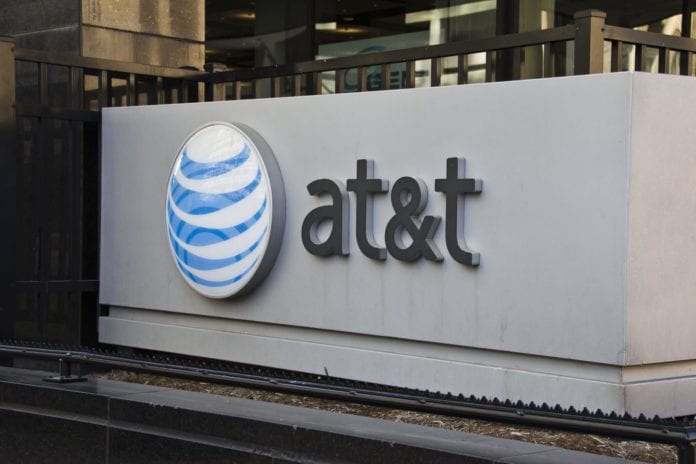AT&T is claiming a C Band first, saying that it has successfully completed 5G field test calls using test devices and a Mobile Test Platform at locations in Plano, Texas and Detroit, Michigan.
Operators want to move as quickly as possible to start utilizing the C Band spectrum. Verizon and T-Mobile US have also already begun C Band testing, and Verizon has said that it already has work underway to deploy around 7,000 sites that will be ready to be lit up as soon as the first tranche of spectrum is available this December.
AT&T acquired about 80 MHz of C Band spectrum nationwide and plans to cover 200 million people with 5G over C-band spectrum by the end of 2023. The carrier said that even before the auction ended, it was developing a test strategy for the new airwaves, and it wasn’t going to wait until the spectrum was officially available. “Telling our field teams to wait that long before taking this new spectrum out for an approved test drive would be like telling a child to wait until summer to play with their Christmas presents,” the carrier said in a blog post about the testing.
“This is the type of project you’re really eager to take on because if you’re successful, you’re on the cutting edge of technology – not just for AT&T or our customers, but for the entire industry,” said Tony Seyfried, AT&T tech vendor manager, who led the Detroit testing team. AT&T said that Seyfried’s team and one in Detroit led by Paritosh Rai, who oversees AT&T’s 5G Project Management Office, quickly moved to scoping out sites, planning equipment upgrades and talking to tower and radio providers in preparation for field testing.
“Our teams anticipated what we would need to make a field tests happen,” said Seyfried. “They took a risk so that we could hit the ground running.”
“We all knew we’d be doing field tests soon and quickly started the leg work in these markets to get sites, software, spectrum and devices ready to test,” said Rai. “Calls are tested in a lab first to work out all the kinks, then that testing is replicated in the field.”
AT&T explained that while the RAN teams designed the test procedures, Construction & Engineering (C&E) teams worked on “getting potential sites ready, necessary approvals were secured and the 5G Project Management Office worked on clearing the spectrum for the test.” All that work was happened in parallel well before the close of the auction, and the teams in Plano and Detroit were both part of the overall collaborative effort and competing against each other to some extent, to see who would be the first to make that initial call. “When you have a cross-functional team driving the delivery and we clear one challenge after another, it’s definitely a huge sense of accomplishment,” said Rai. “It’s like a team sport and everyone needed to play their position well in order for this to happen.”
Both locations had the strategic reasons for being C Band test locations. “Plano is in AT&T’s backyard, so we knew we wanted to secure spectrum here to test,” said Rai. And in the case of Detroit, AT&T said, it was “a good location to test coverage that would benefit large business customers.”
Ultimately, the Plano team made the first field test call on April 22. The Detroit team made theirs just 10 days later.
“The speed and agility of these trials were amazing,” Seyfried said. “These tests will allow our teams across the country to test and implement the C-band even faster now, which means our customers will be able to utilize this spectrum sooner. The agility and ingenuity of these teams is amazing.”

